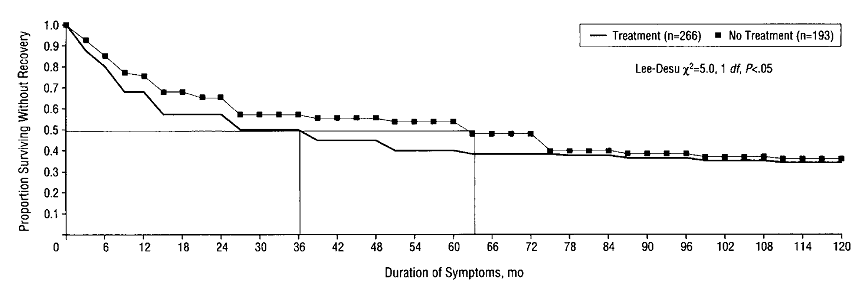If you hadn’t heard, Richard Carrier is suing FreeThought Blogs, Skepticon, The Orbit, and several individuals for two million dollars. To learn more, I recommend an episode on the Atheistically Speaking Podcast [eta: correction] about it. If you are interested in helping the defendants, you may contribute to the defense fund here. (Note that I am not personally liable since FreeThought Blogs is incorporated as an LLC.)
The primary subject of the lawsuit is defamation. Since I do not want to repeat any remarks that would risk me getting sued (and apparently merely referring to accusations against Carrier is sufficient), I will simply quote Richard Carrier himself.
[Read more…]

